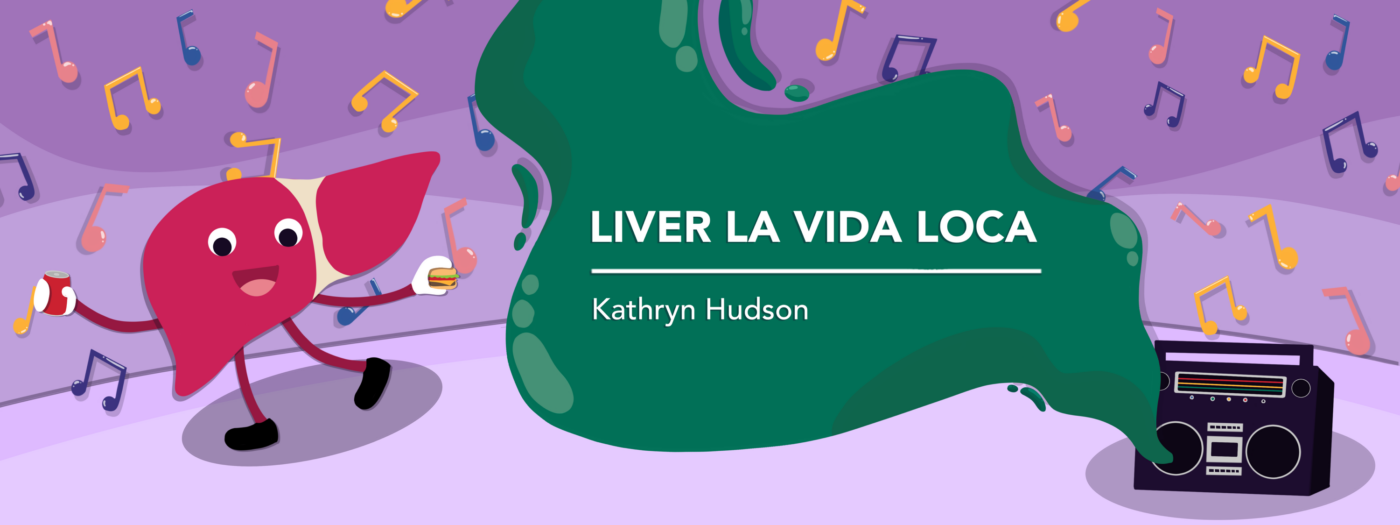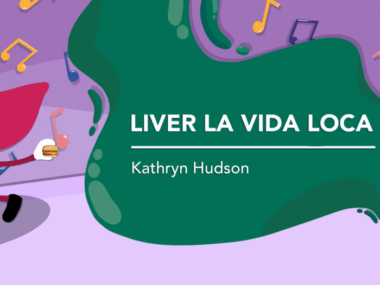The health risks of soda, including liver damage, are increasingly clear
Sodas, especially diet ones, are chemically engineered to hook you
Written by |

In the cola wars of the 1980s, Coke and Pepsi went head-to-head in taste tests to “prove” which was America’s favorite. I was a Coke girl all the way, but a few of my friends swore by Pepsi, so the battle raged on.
Then came the diet soda wars: Who made the better, “healthier” version of the same fizzy temptation? I’d easily give that round to Diet Pepsi.
Now there’s a new kind of soda war, and it’s not about flavor — it’s about liver damage.
You’ve probably read my many confessions about drinking far too much soda back in the day. That sweet habit helped pave the way for my fatty liver disease and, eventually, metabolic dysfunction-associated steatohepatitis (MASH). I learned firsthand how hard soda can be on the body — especially the liver. Now, a new study out of China has confirmed what many of us feared: No soda is liver-safe. Not even the “diet” kind.
This news would’ve devastated my mother. She spent the better part of her adult life with a can of diet soda in hand — first Fresca, then Tab, and finally, her beloved Diet Coke. While my siblings and I guzzled full-sugar fizz, Mom proudly sipped her calorie-free concoctions, certain she was making the healthier choice. Science, it turns out, has since learned better.
According to the study, which hasn’t yet been published, people who drink sugary sodas raise their risk of developing MASH by 50%. Those who drink diet sodas? Add another 10% to that risk. Over the past decade, researchers have repeatedly linked diet soda consumption to a range of illnesses and liver-related symptoms. The data are clear: It’s not just bad for your liver; it’s bad for your entire body.
Why we crave more
So why do we keep drinking this chemical cocktail disguised as a healthy drink? One word: addiction.
Sodas, especially diet ones, are chemically engineered to hook you. Sugary sodas earn their bad reputation honestly, as they’re loaded with enough sugar to make a hummingbird jittery. But diet sodas need to compete on flavor without the calories. So the missing sugar gets replaced with a creative cocktail of artificial sweeteners and chemicals designed to mimic sweetness and keep you craving more.
The problem is, those chemicals can disrupt your gut microbiome — the colony of bacteria that keeps your digestion, metabolism, and even mood balanced. When your gut gets out of whack, everything else follows, from your immune system to your mental health. In short, that “guilt-free” soda may be doing more damage than you realize.
Of all the habits I’ve broken over the years, quitting soda was the hardest. I used to crave that fizzy sugar rush — the way the bubbles popped against ice, that satisfying snap of carbonation. When my doctor told me to drink more water, it felt like he’d suggested eating cardboard instead of dinner. Water had no taste, no personality. But I gave it a shot.
I started with flavored waters, then worked my way to plain water. Slowly, it grew on me. Now I drink at least 64 ounces a day, unless I’m on doctor-ordered restrictions, and keep several cold jugs in my fridge next to the only other beverage I buy regularly: milk.
I still enjoy a sugared soda once in a while, but it’s a treat now, not my hydration method. Years ago, I made the conscious choice to stick with real sugar over artificial sweeteners — especially after tasting Mom’s Tab for the first time. From that day forward, I called it “Monster Coke.”
These days, my go-to drink is plain water, with maybe an occasional unsweetened iced tea or coffee. The older I get, the less I crave that syrupy sweetness. If you’re like me, you probably don’t need the sugar or the artificial stuff anyway. We’re sweet enough as we are.
Note: Liver Disease News is strictly a news and information website about the disease. It does not provide medical advice, diagnosis, or treatment. This content is not intended to be a substitute for professional medical advice, diagnosis, or treatment. Always seek the advice of your physician or other qualified health provider with any questions you may have regarding a medical condition. Never disregard professional medical advice or delay in seeking it because of something you have read on this website. The opinions expressed in this column are not those of Liver Disease News or its parent company, Bionews, and are intended to spark discussion about issues pertaining to liver disease.



Samantha
Przeczytałem z dużym zainteresowaniem artykuł o rosnących dowodach na szkodliwość napojów gazowanych, szczególnie w kontekście stłuszczenia wątroby. Jako osoba, która również zmaga się z problemami wątrobowymi, zawsze szukam rzetelnych informacji. Artykuł wspomina o konieczności konsultacji z lekarzem w kwestii leczenia, co jest niezwykle ważne.
Nasunęło mi się jednak pytanie, być może ktoś z czytelników lub sama autorka ma wiedzę na ten temat: w kontekście zaawansowanych chorób wątroby, jak np. marskość, często konieczne jest również leczenie silnego bólu. Czy istnieją jakieś bezpieczniejsze opcje leczenia przeciwbólowego dla takich pacjentów? Trafiłem niedawno na bardzo szczegółowy przewodnik dla klinicystów dotyczący stosowania tapentadolu u pacjentów z chorobami wątroby: https://cldf-focus.org/tapentadol-practicing-clinician-guide-liver-disease-pain-management. Zastanawiam się, czy tego typu leki, z nieco innym profilem metabolizmu, są rzeczywiście lepszym wyborem i czy macie może doświadczenie z ich stosowaniem? Dzięki za ewentualne odpowiedzi!